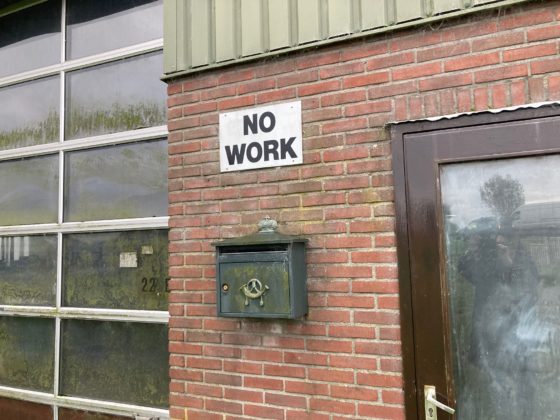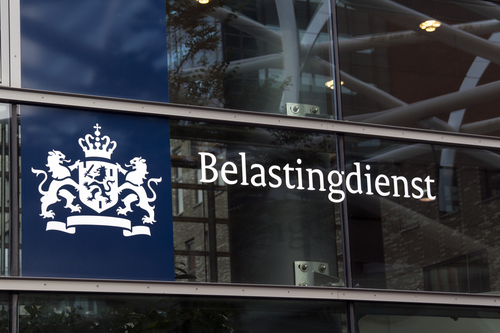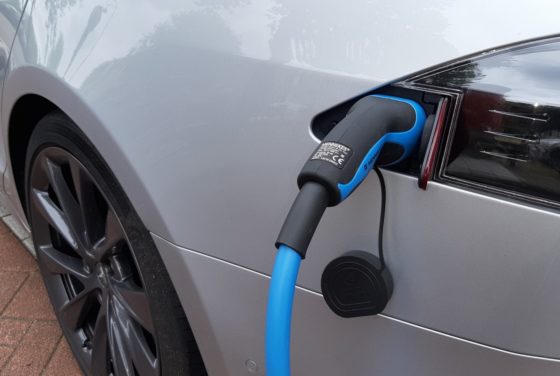All change in 2022. Here is what you need to know


Tax cuts, tax increases, new rules for smoking areas and better checks on healthcare company owners… Here is a round-up of the new rules and regulations which come into effect in 2022.
Work
The minimum wage is going up from €1,701 to €1,725 a month (€79.62 a day) for the over-20s. The rate for an 18-year-old is €39.81 a day. The new government has pledged to increase the minimum wage over the next few years.
The state pension age (AOW) rises by three months to 66 years and seven months.
The home address of people listed in chamber of trade documents will no longer be available to the public, as a privacy measure. The tax office and bailiffs will still be able to find out private addresses and company addresses will still be available.
One third of the supervisory boards at listed companies in the Netherlands must be female. So far 61 out of 89 listed firms have complied. The ruling means that at the other 28 companies, supervisory board vacancies which come up must be filled by a woman until the target is reached.
Companies will pay 15% profit tax on their first €395,000 in earnings – up from €245,000 this year. The higher tax rate will go up from 25% to 25.8%.
People wishing to start up a healthcare company will have to go through a Bibob scan, which means they will be vetted for criminal connections. Healthcare company directors and board members will also have to provide a certificate of good behaviour or VOG.

Small employers will pay less money into a special fund to pay workers who became unable to work through long-term health problems.
Employers and the unemployed will no longer be able to deduct the cost of training and courses from tax. Instead, they can claim a new subsidy of up to €1,000 to pay for work-related training.
Employers will be able to give staff a tax free allowance of €2 a day if they work at home. The amount is based on calculations by family spending institute Nibud.
Income and taxes
The tax on energy will be lowered because of the high gas and electricity prices. The average household will pay €400 less in energy related taxes. People with very low incomes can claim an additional €200 from their local authority.
The first tax bracket is being extended from €68,570 to €69,398 and the tax rate is being cut very marginally to 37.07%. The higher tax bracket rate remains 49.5%.

The maximum healthcare benefit will rise by a few euros to €111 a month for a single person and €212 for a couple. Various other income related taxes, benefits and allowances are also changing marginally. Child benefits too are increasing.
The self employed allowance will go down by €360 to €6,310 in 2022, and, under the new government’s plans, will be reduced further until it is no higher than €1,200 in 2030.
Parents can give their children €5,667 a year tax free, down from €6,604 in 2021. The new government has also pledged to end the €100,000 tax free contribution to help children buy a house, but this will happen later.
The limit for tax free savings and assets (box 3) rises from €50,000 to €50,650 for a single person, double that for a couple. The tax payable on assets over this amount is going down marginally across all three tax bands. The new cabinet is planning to shake up the asset tax system.
Housing
Mortgage tax relief will go down from 43% to 40%, but this will only affect people in the higher tax bracket.
New legislation comes into force to allow local authorities to stop the sale of property costing under a certain amount to investors who want to rent it out.
All houses for sale must have an energy label, by law.
Housing corporations will pay less tax on their earnings. The cut will be a combined €800m next year. The tax will be scrapped altogether in 2023.
Local authorities will be required by law to provide addresses for people who are homeless.

Newly built buildings, including homes, must all have at least one entrance in which the step up is no more than two centimetres, to improve accessibility.
From 2022, the maximum price of a home that qualifies for the NHG scheme is €355,000 – that’s a rise of €30,000 on this year. The limit can be as high as € 376,300 if you take energy saving measures.
The limit for social housing rents rises to €763.47.
Society
Smoking rooms will become a thing of the past in all places where people work, including private offices. This was already the case in the public sector.
Cafes and bars can no longer sell cigarettes via a machine.
Gift vouchers will be valid for two years, rather than one. Some vouchers, such as those issued by regional tourist boards, are already valid for longer.
All vehicles which use the public roads, including tractors and diggers, must have a licence plate.
The clients of sex workers who know they have been forced into the business face up to four years in jail or a fine of up to €21,750. The clients of sex workers who are minors can be jailed for six years.
A new civic integration or inburgering system comes into force which will be the responsibility of local authorities to organise. The aim is to provide everyone who has to go through the system with a tailor-made approach and the language requirement will go up from A2 to B1. Turkish nationals will also now have to go through an inburgering programme.

The subsidy to help people buy a fully electric car is going down from €4,000 to €3,350 and will go down again in 2023. The subsidy for buying a second hand electric car is €2,000. However, the amount available for subsidies has increased.
At the same time, people with electric company cars will have to pay 16% tax on the first €35,000 of the catalogue value of their cars and 22% above that.
Shopkeepers associations and building owner cooperatives can no longer require shops to keep certain hours. The rule flows from the situation at a Groningen shopping centre which forced retailers to open on Sundays.
Dog owners can no longer use electric collars to train their pets.
Possessing and trading in chemicals which are used to make hard drugs face tougher sentences and the justice ministry will recuperate the cost of destroying drugs, weapons and illegal fireworks from their owners.
Chess and draft clubs have been determined not to be sport by the European Court of Justice, so from next year, the clubs will have to charge value added tax over membership fees and catering.
This list has been compiled from a variety of sources, including the government website, broadcaster NOS and RTL Nieuws.
Thank you for donating to DutchNews.nl.
We could not provide the Dutch News service, and keep it free of charge, without the generous support of our readers. Your donations allow us to report on issues you tell us matter, and provide you with a summary of the most important Dutch news each day.
Make a donation